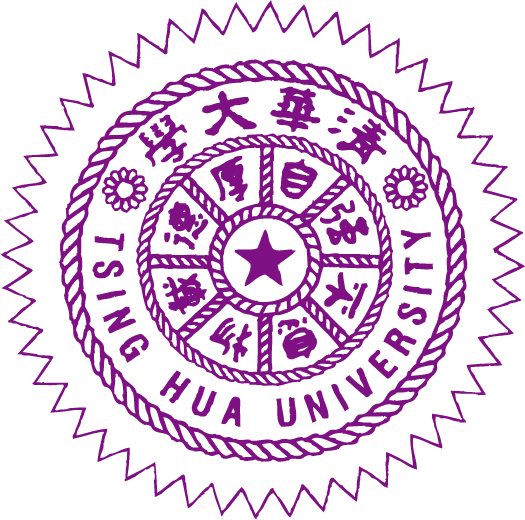Computer Vision Lab
Research Field
Prof. Shang-Hong Lai is currently a professor in Dept. of Computer Science at NTHU and also serves as the Associated Dean of College of Electrical Engineering and Computer Science. He has rich experiences in computer vision research for more than thirty years. Prof. Lai received the Ph.D. degree from University of Florida, USA, in 1995. Then, he worked at Siemens Corporate Research in Princeton, New Jersey, USA, as a member of technical staff from 1995 to 1999. Subsequently, he returned to Taiwan and joined the Department of Computer Science at NTHU, where he is currently a professor there. Prof. Lai has led several NSTC integrated projects, including the 5-year AI special-topic projects, and a 6-year integrated project in NTHU funded by Novatek Inc. During 2018-2022, he was on leave to Microsoft AI R&D Center, Taiwan, as a principal research manager and he led a science team focusing on face related research. His team contributed several AI models to the face recognition and face anti-spoofing functions for face login in Microsoft Windows Hello software.
Prof. Lai’s research interests mainly focus on computer vision, image processing, and machine learning. He has authored more than 300 papers published in refereed international journals and conferences in these areas. In addition, He was awarded around 30 patents on his research on computer vision and medical imaging. Prof. Lai has been involved in the organization of several well-known international conferences in computer vision and related areas. He was a program co-chair of ACCV 2016, and he has served as a track chair/area chair/senior PC for a number of top conferences in CV and AI, including CVPR, ICCV, ECCV, IJCAI, WACV, ACCV, ICPR, etc. Furthermore, he has also served as an associate editor for Pattern Recognition and Journal of Signal Processing Systems.
The Computer Vision Laboratory, led by Professor Shang-Hong Lai, is a research team located in the Department of Computer Science at National Tsing Hua University in Taiwan. The laboratory focuses on studying the theory, methods, and applications of computer vision, aiming to address various problems related to visual perception and understanding.
Their research covers multiple areas, including but not limited to: Computer Vision: This area involves the study of algorithms and techniques for enabling computers to understand and interpret visual information from images or videos. It includes tasks such as object detection, recognition, tracking, and scene understanding.
Video/Image Analysis and Processing: Researchers in this field develop methods to analyze and manipulate video and image data. This includes tasks such as image enhancement, denoising, segmentation, and compression, as well as video processing techniques like motion estimation and video summarization.
Multimedia Signal Processing: This area deals with the processing and analysis of multimedia signals, which may include audio, image, and video data. Researchers work on developing algorithms for multimedia content analysis, retrieval, and manipulation.
Machine Learning: The laboratory explores various machine learning techniques to enable computers to learn from data and make predictions or decisions without being explicitly programmed. This includes supervised learning, unsupervised learning, and reinforcement learning methods applied to computer vision and multimedia tasks.
Computer Vision
Video / Image Analysis and Processing
Multimedia Signal Processing
Machine Learning
1.Best Paper Award, 18th IEEE Computer Society Workshop on Biometrics (CVPR Workshop), Vancouver, Canada, June 18, 2023 (Paper title: A Closer Look at Geometric Temporal Dynamics for Face Anti-Spoofing)
2. World’s Top 2% Scientists (Career Impact), Stanford University, 2022, 2023.
3. 2nd Place Award in MultiSports Challenge on Human Action Detection, ECCV, 2022
4. Excellent Paper Award, 36th Conference on Computer Vision, Graphics, and Image Processing (CVGIP) , 2023
5. 黃俊雄博士論文獎 at the 35th CVGIP Conference, 2022
6. Best Paper Award, 34th CVGIP, 2021
Ph.D.| 1995
Electrical & Computer Engineering, University of Florida, Gainesville, Florida.
M.S.| 1988
Electrical Engineering, National Tsing Hua University, Hsinchu, Taiwan.
B.S.| 1986
Electrical Engineering, National Tsing Hua University, Hsinchu, Taiwan.
